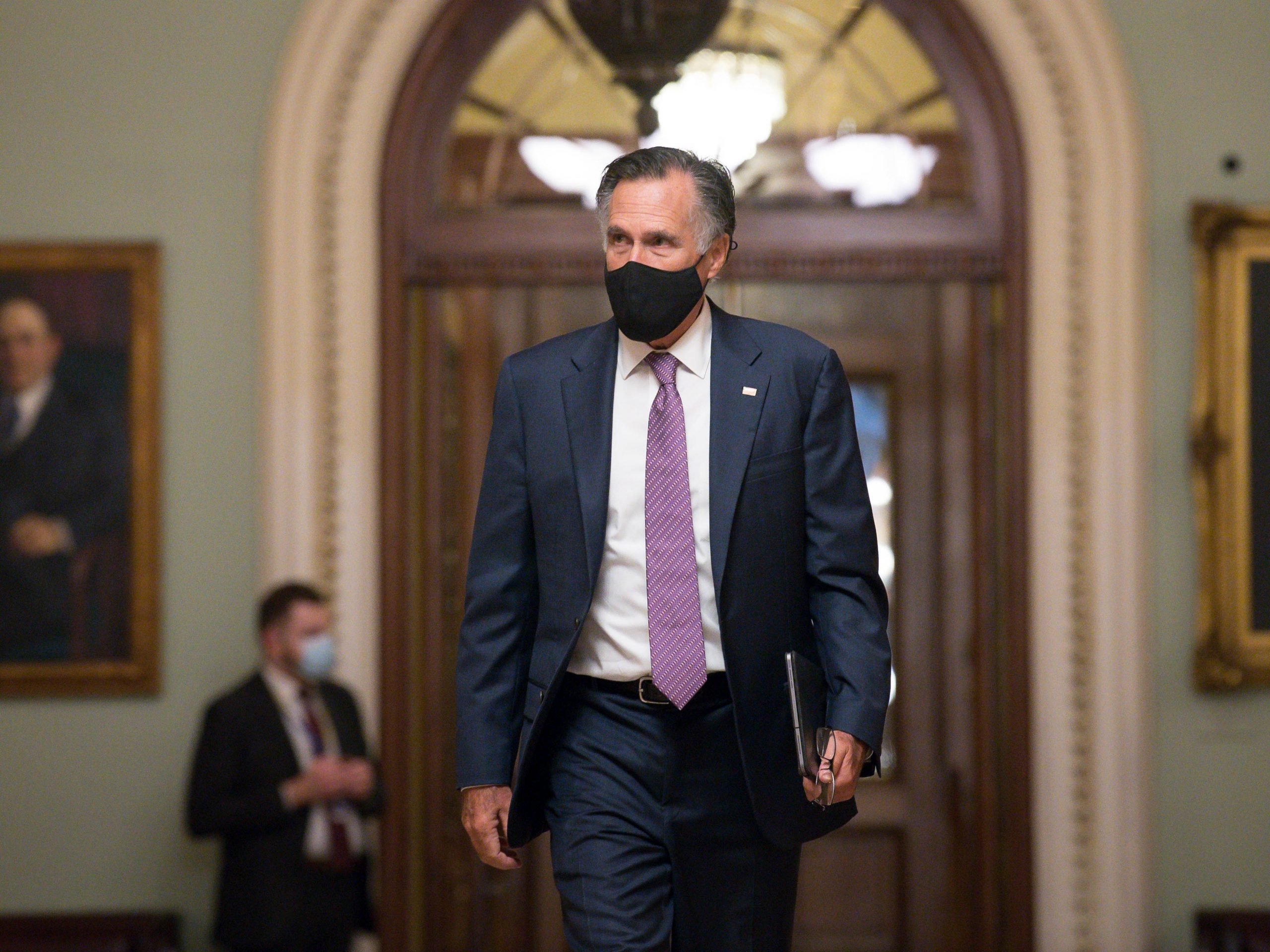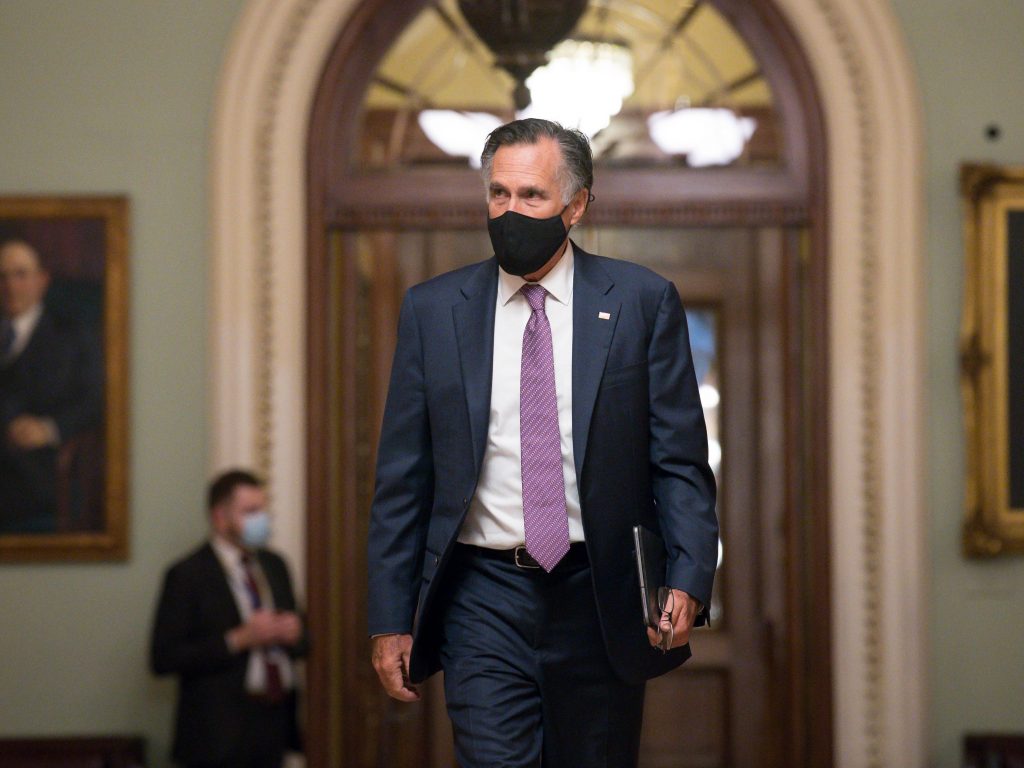
Liz Lynch/Getty Images
- Some conservatives said pandemic-era enhanced unemployment benefits kept people from going back to work.
- But those benefits expired in September, and anecdotes that businesses are having trouble hiring persist.
- Republican senator Mitt Romney says childcare, savings, and rethinking work might be driving shortages.
When Utah joined at least 25 other states in cutting off unemployed residents from federal jobless benefits early last summer, many Republicans, including Sen. Mitt Romney, thought it would drive people back to work.
By Labor Day, millions of laid-off workers nationwide saw their benefits slashed when pandemic-era programs expired, but anecdotes of labor shortages persist. Plus, the number of workers quitting their job has reached near record-highs for the past five months. So, Insider caught up with Romney, whose state was one of the first to leave enhanced unemployment benefits behind, to see what he thinks is driving the current labor crunches.
-Senator Mitt Romney (@SenatorRomney) May 12, 2021
(1) Access to childcare
Romney said some workers "are having difficulty finding childcare." That could be due to its high price tag, or the current labor shortage the industry faces – which is shrinking the number of spots available.
Childcare – or lack thereof – has been a persistent issue throughout the pandemic. A Federal Reserve analysis found that the amount of workers who did not participate in the labor force due to caregiving responsibilities grew up 0.7% from pre-pandemic levels to the spring of 2021.
Many economists speculated that September would be a silver bullet month for recovery, as schools reopened. But reopenings were imperiled by the rise of the highly infectious Delta variant, resulting in a paltry jobs report. Democrats are also eyeing including affordable childcare in their nascent social spending bill.
(2) Built up savings
During the pandemic, the federal government approved three waves of direct payments along with enhanced unemployment insurance. The $300 federal weekly supplement expired early last month, but many people aren't returning to work yet.
Romney said that he believes generous government assistance had helped many to accumulate savings, allowing people to "take some time off and take time to find something that they find better than their previous job."
While many Americans used the federal aid to pay off bills, cover rent, and buy groceries, some put it towards their savings, prompting a significant increase in the savings rate during the pandemic. Much of the savings were skewered towards wealthier Americans, CNBC reported.
(3) People want more out of work
Flexibility has consistently been a high priority for job seekers, ranking among higher wages as a primary reason that workers are attracted to a job. For many, months of working from home - or watching as their peers got to stay home - have reshaped the contours of work.
"I think a number of folks recognize that there's more to life than work, and they want to find a job that gives them flexibility to stay home," Romney said.
Organizational psychologist Anthony Klotz, who coined the term "Great Resignation," previously told Insider that "life pivots" are to be expected right now: Research shows contact with death and illness causes humans to step back and ask existential questions about what gives them purpose, or brings happiness.
For millions of workers, the answer right now seems to be quitting their jobs.
